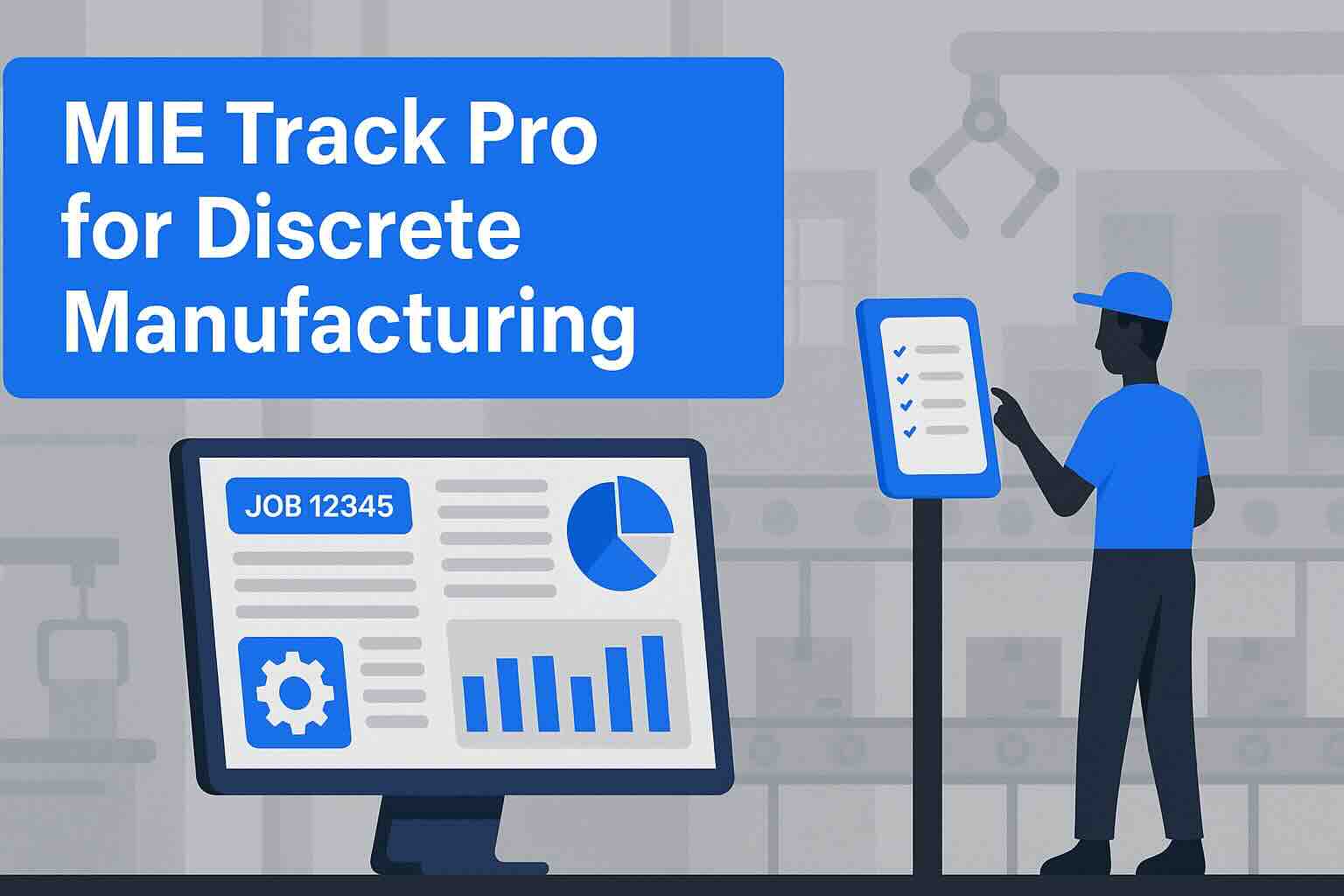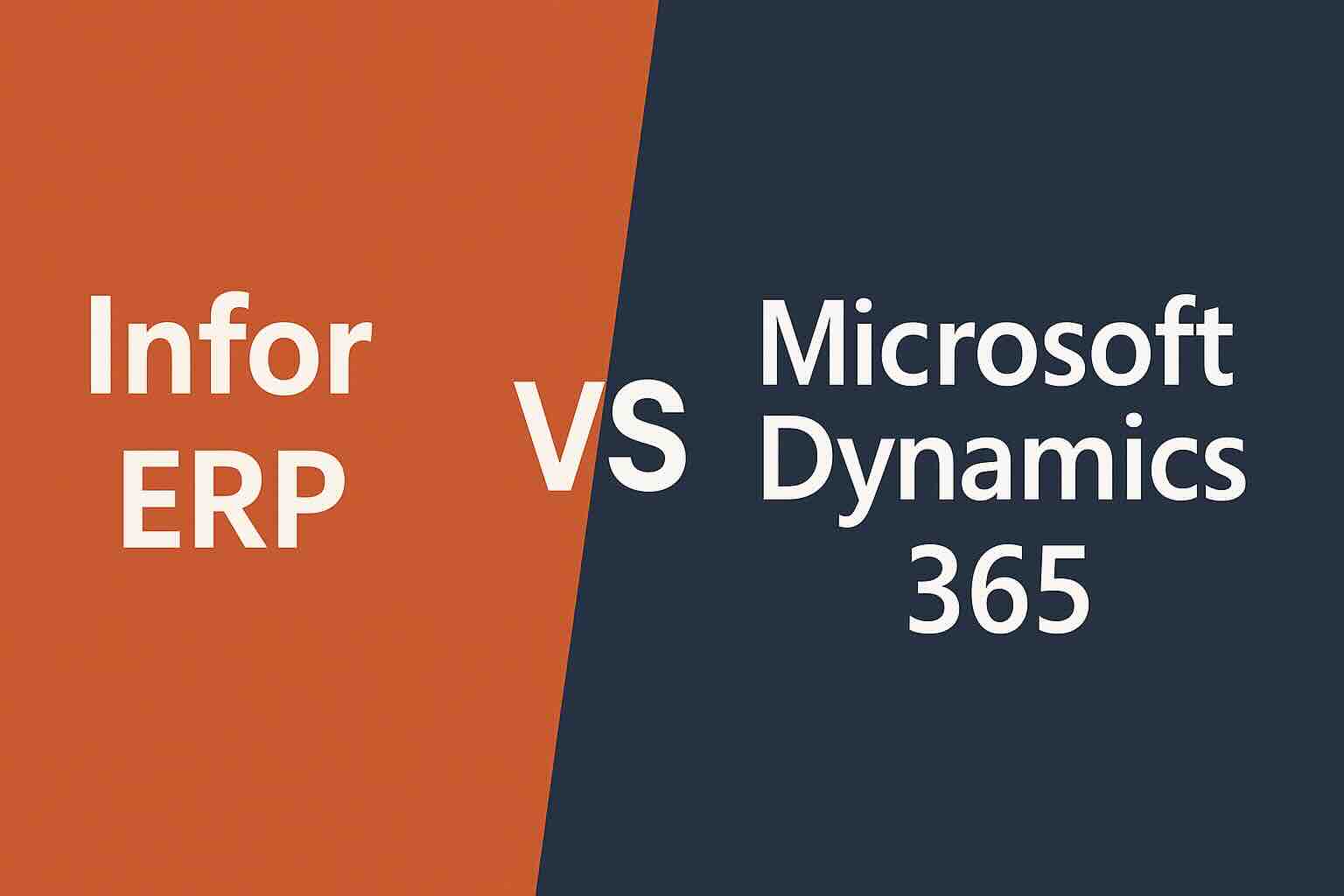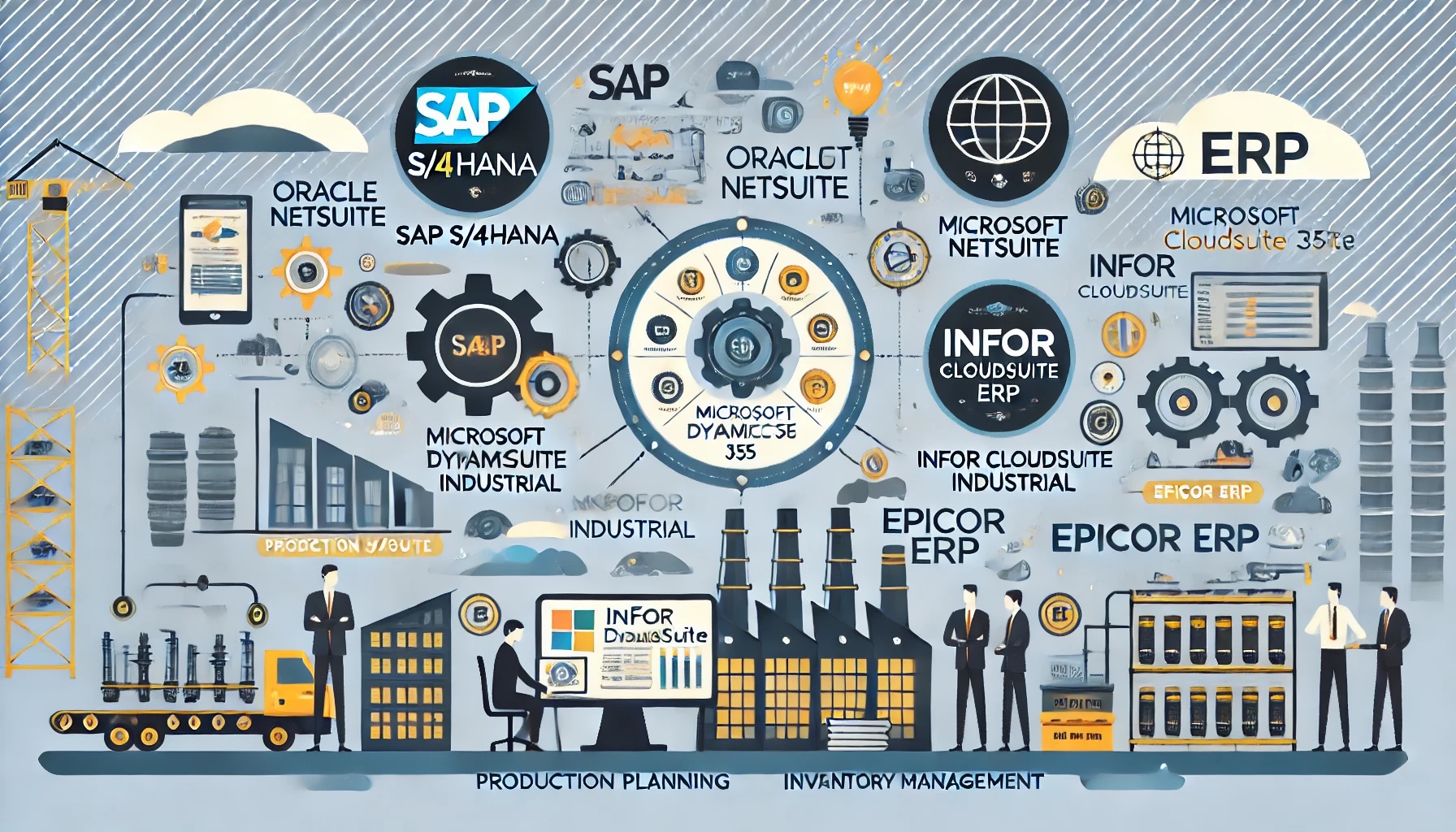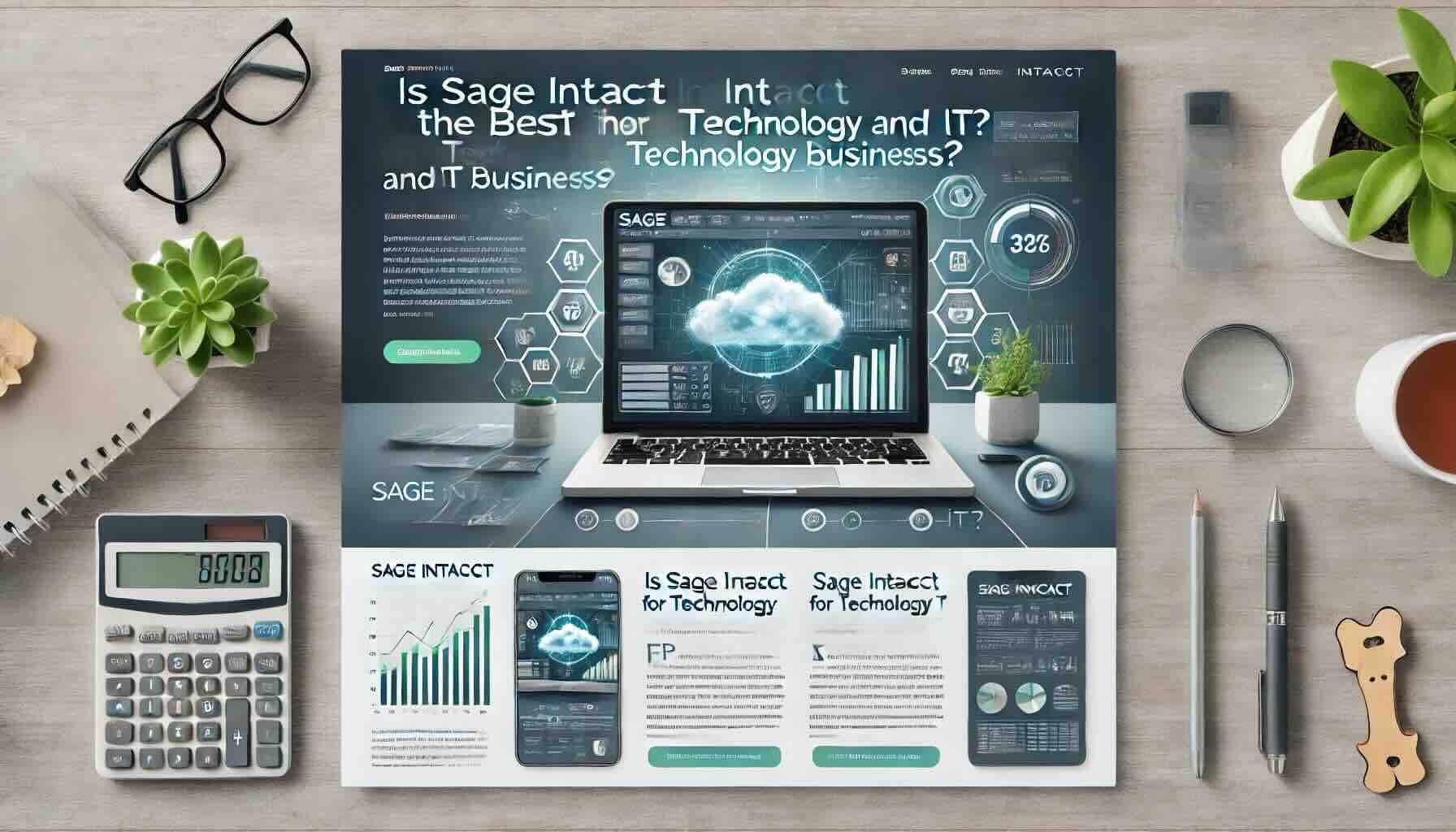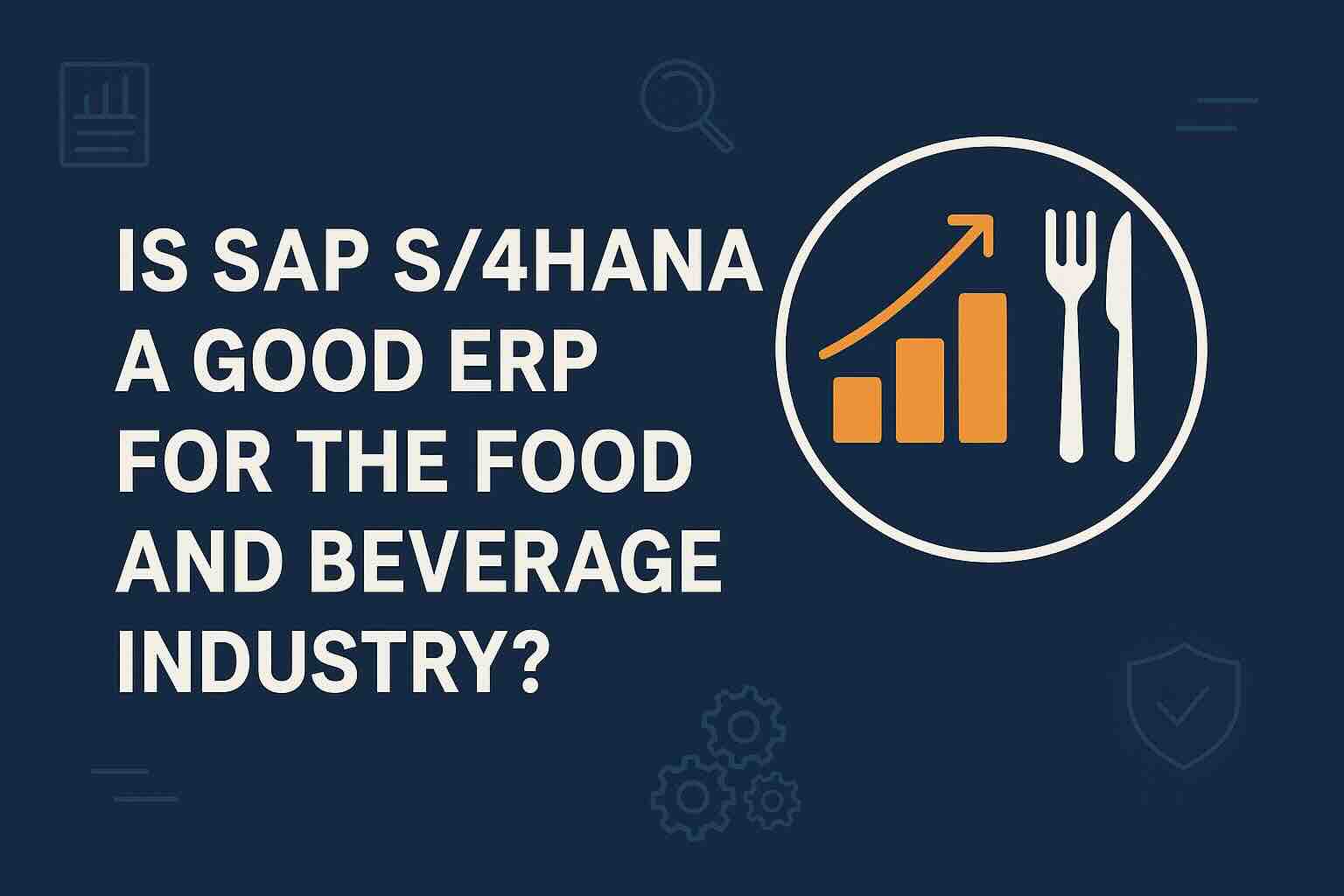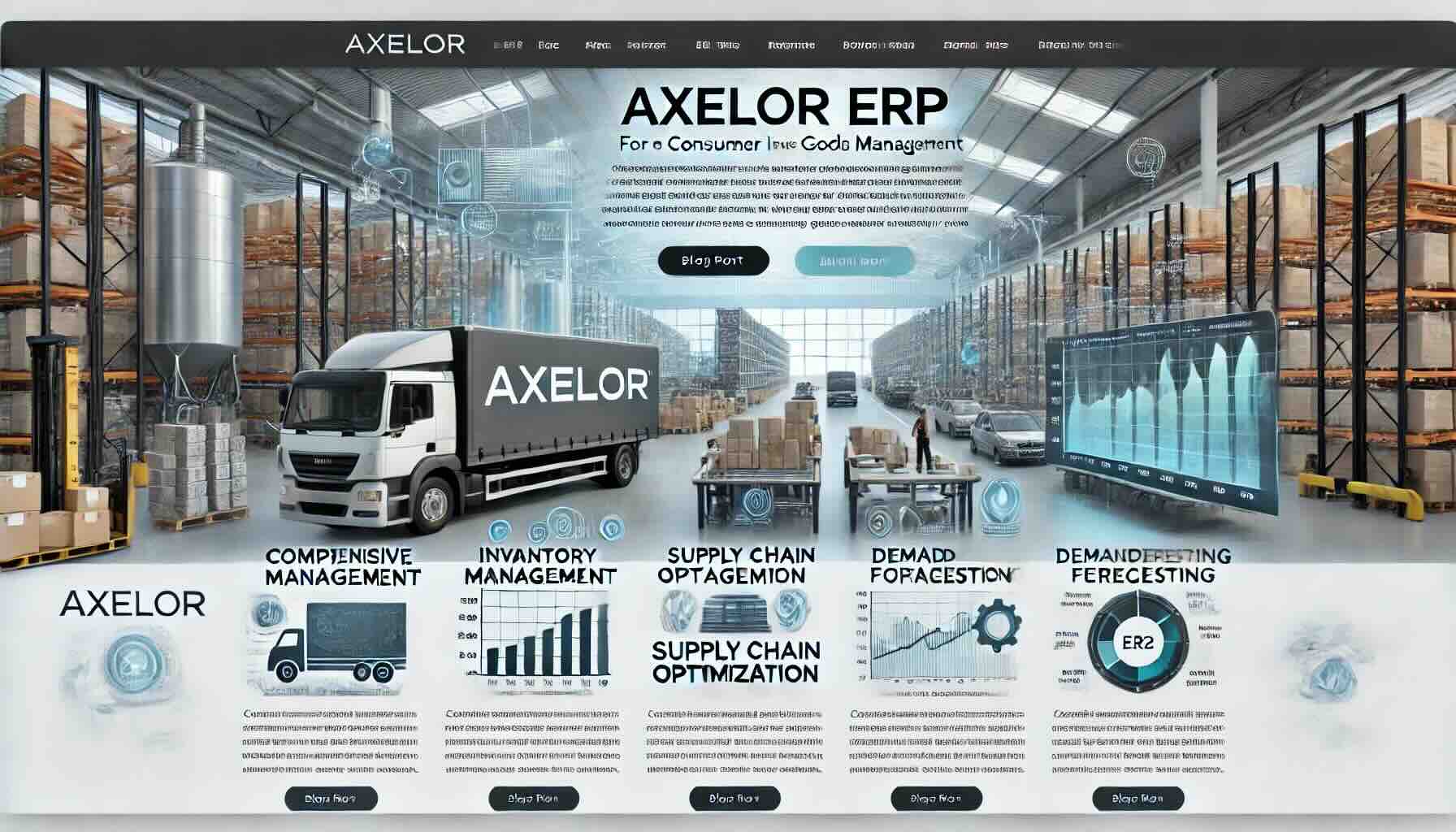Is SAP Business One a Good ERP for Professional Services?

In the competitive landscape of professional services, maintaining efficiency, managing resources, and ensuring client satisfaction are critical. Enterprise Resource Planning (ERP) systems have become indispensable for achieving these goals. One such ERP solution that has garnered attention is SAP Business One. But is it truly a good fit for professional services? Let’s explore.
Understanding SAP Business One
SAP Business One is a comprehensive ERP solution designed for small and medium-sized enterprises (SMEs). It integrates various business functions, including financials, sales, customer relationship management (CRM), inventory, and operations. The system aims to provide a unified view of business operations, enhancing decision-making and operational efficiency.
Benefits of SAP Business One for Professional Services
- Streamlined Operations SAP Business One offers tools to automate and streamline various operational processes. For professional services, this means project management, resource allocation, and time tracking become more efficient. Automated workflows reduce manual errors and save time.
- Enhanced Financial Management Professional services firms often deal with complex billing and revenue recognition processes. SAP Business One provides robust financial management capabilities, including real-time financial reporting, budgeting, and forecasting. This ensures accurate financial tracking and compliance with industry standards.
- Improved Resource Management Effective resource management is crucial in professional services. SAP Business One helps in tracking employee utilization, managing project timelines, and forecasting resource needs. This leads to better project planning and optimized resource allocation.
- Customer Relationship Management Building and maintaining strong client relationships is vital for professional services. SAP Business One’s CRM module offers tools to manage client interactions, track sales pipelines, and monitor customer satisfaction. This helps in delivering personalized services and enhancing client loyalty.
- Scalability and Flexibility As professional services firms grow, their operational needs evolve. SAP Business One is scalable, allowing firms to add new functionalities and users as required. Its flexible architecture supports customization, ensuring the ERP adapts to specific business requirements.
Challenges and Considerations
While SAP Business One offers numerous advantages, there are challenges to consider:
- Implementation Costs and Time Implementing an ERP system can be costly and time-consuming. Firms need to invest in initial setup, customization, and training. Proper planning and resource allocation are essential to mitigate these challenges.
- User Adoption Ensuring that all employees adopt and effectively use the new system can be a hurdle. Comprehensive training and ongoing support are necessary to maximize the benefits of SAP Business One.
- Customization Needs Professional services firms often have unique processes. While SAP Business One is customizable, extensive modifications can increase complexity and cost. It’s crucial to balance customization with standard features to maintain system integrity.
Case Studies
Several professional services firms have successfully implemented SAP Business One:
- Consulting Firms: Improved project management and financial tracking led to increased profitability and client satisfaction.
- Legal Services: Enhanced document management and billing processes streamlined operations and reduced administrative overhead.
- Engineering Services: Better resource planning and project management resulted in timely project delivery and optimized resource utilization.
Conclusion
SAP Business One is a powerful ERP solution that offers significant benefits for professional services firms. Its ability to streamline operations, enhance financial management, and improve resource allocation makes it a compelling choice. However, careful consideration of implementation costs, user adoption, and customization needs is crucial.
For professional services firms looking to enhance efficiency and drive growth, SAP Business One is indeed a good ERP option. Its scalability, flexibility, and comprehensive features can help firms navigate the complexities of their industry and achieve long-term success.
To compare SAP Business One with 100s of other ERP solutions, you can use our new AI-powered Compare ERP tool. It’s free to use and you get a guaranteed discount on your first year’s licence fees with a referral from Compare ERP.

